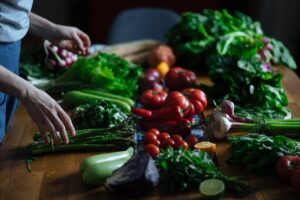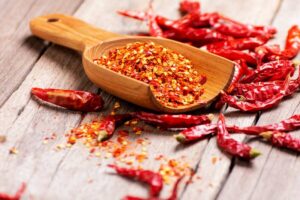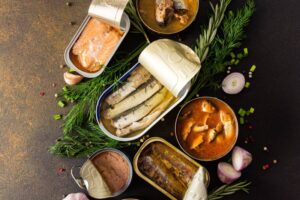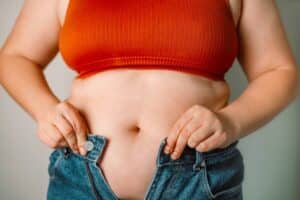A festival of heatwave comes with plenty of negative symptoms on our behalf. In other words, our bodies aren’t built to resist high temperatures. Loss of appetite, poor sleep, and having trouble focusing -periods of hot weather don’t always agree with us.
Along with the good old precautions we should remember during heatwaves, can food and drink help us out on ultra-balmy days? Nutritionist Kerry Torrens explained how our body temperature is supposed to work in relation to the weather. Today, we will discuss what we should eat and drink to effectively protect our bodies against heatwave. Believe it or not, the shielding can come from within.
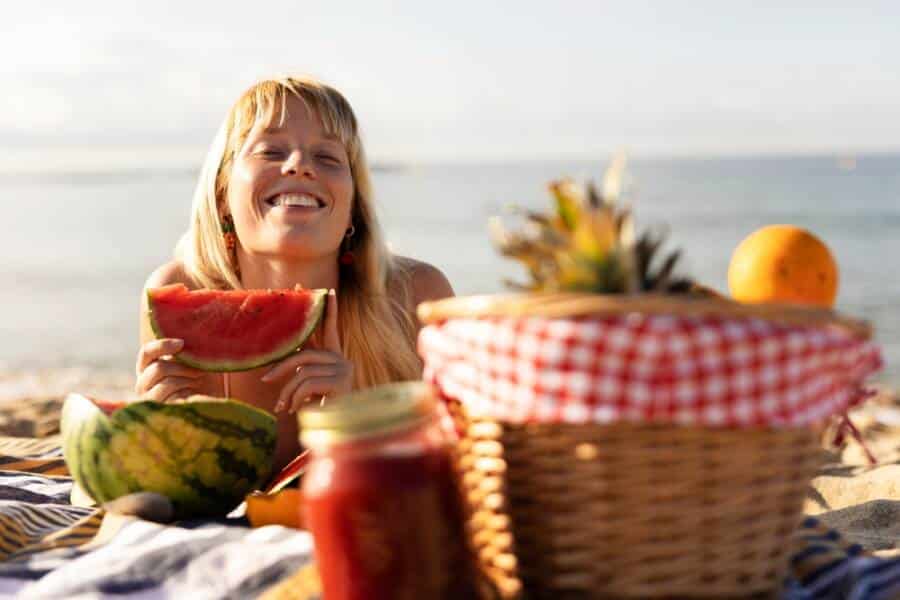
How much water should I drink?
Those who live in temperate climates generally lose between 1 1/2 and 3 liters of fluid a day through sweating, breathing, urine, and even feces. This basically means that on regular days we should be drinking around six to eight glasses of water or other hydrating fluids.
Fortunately, you can easily hit this quota through milk, sugar-free drinks, tea, and coffee, as well as the water you already trust. But you need to remember that caffeinated drinks also have a diuretic effect, which makes you lose more fluids, so you need to keep these things to a minimum.
Fruit juice and smoothies count as well, but they should be limited to one 150ml glass on a daily basis because of the natural and “free” sugars they have. It’s not so much a case of “one size fits all” when it comes to water intake.
Our specific needs could vary depending on age, size, se*, and the amount of physical activity we do, but also other environmental factors such as temperature and humidity, since both speed up the water lost through our skin.
Should we drink more in hot weather?
Both high temperatures and humidity increase the overall speed of evaporation from the skin, which also means we sweat way more. This means we definitely need to replenish our fluid levels more often. How much more you actually need depends on your personal circumstances, but also how active you are.
If you always exercise, this doesn’t really have to stop during hot weather. You can try sports drinks, which are mainly formulated to promote more fluid uptake, making them more hydrating than simple water.
Can you drink too much water?
It’s fairly possible to go the other way and drink too much, even if for most people with healthy kidneys this can be easily managed by urinating more often. Too much water consumed in a short space of time can also lead to the kidneys failing to keep electrolyte balance, so the blood dilutes easily.
This has quite an effect on how our body works: for instance, it impacts blood pressure. Hyponatraemia is a well-known condition where sodium levels (electrolytes) can fall dangerously low, one reason being that it takes more water.
For example, athletes who participate in all kinds of endurance events and ingest too much fluid could suffer from this condition, even if hyponatremia can also occur in those on prescribed medication like diuretics and some anti-depressants.
There can also be a series of medical reasons why someone retains more fluid. It might come as a result of an existing kidney or even heart condition. If you know you’re in good health or you’re currently experiencing water retention, you can see your GP for advice on how much water you’re supposed to drink.
There is another way you can go around it: what if you drink too much? For those of you who have healthy kidneys, this will be managed by urinating more often. But too much water consumed in a very short amount of time could also lead to the kidneys being unable to keep electrolyte balance, so the blood heavily dilutes.
This can have an effect on how our body works: for instance, it impacts blood pressure. Hyponatraemia is a condition where our sodium levels (electrolytes) fall quite low, one reason being you taking more water. For example, athletes who participate in endurance events and take on too much fluid are also at risk of this condition, even if hyponatremia can also occur for those who take prescribed medication like diuretics and some anti-depressants.
There can also be a serious medical reason as to why someone retains more fluid. It might be the result of an existing kidney or even a heart condition. If you suffer from a health condition or you’re experiencing water retention, we recommend seeing your GP for advice on the amount of water you should drink.
Which foods are the most hydrating?
What we eat can account for 20-30 percent of our fluid intake, and there a couple of foods that are more hydrating than others. Those that are very useful are strawberries, cucumber, courgettes, celery, lettuce, and melon.
There are plenty of summer recipes with high fluid contents that could help you increase your hydration levels. Soups, stews, and porridge are ideal examples, and naturally, they can be made less wintery with the right ingredients.
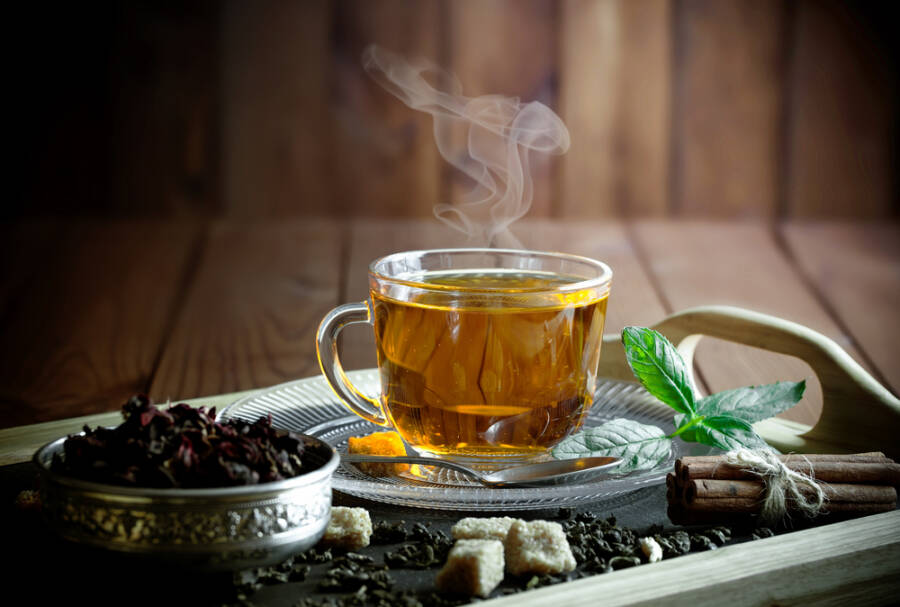
Can food and drink help us cool off a little bit?
Whether we’re talking about ice-cold lollies, slushies or even ice cream, these are all obvious choices when you want to cool off. However, the initial cooling effect might be quite short-lived. That’s mainly because eating food leads to an increase in temperature as the entire process of digestion generates heat.
This, along with the fact that rapid cooling that starts from cool food and drinks would imply that your body over-compensates by increasing your core temperature. So you can actually end up feeling hotter than you did in the beginning.
Drinking something hot on a sunny day could feel like the least appealing thing you could do, but warm drinks can easily regulate your body temperature. When your core temperature rises, it automatically makes your body want to cool down so you sweat more to effectively lose heat through your skin.
“Thermogenic” foods such as spices and chili peppers can increase body temperature as they push our metabolism. This also promotes sweating, which is one of the most effective cooling mechanisms.
Are there any foods we should avoid?
Foods that need more effort to digest, such as those that are high in protein (meat, fish, and dairy), sugar, and fiber are believed to generate more body heat. One effective way to mitigate this is simply use citrus-rich marinades on meat to break down the protein structure and soak grains to help make their fiber more digestible.
What happens to our appetite when we are hot?
If you don’t have an appetite during summer, then don’t worry, you’re not the only one. Seasonal changes also include temperature and the number of daylight hours. These things influence our appetite as well. One reason for this is that the body tries to regulate our body temperature by cutting down on heat-generating functions such as digestion.
Even if this kind of drop in appetite might be out of our control, we might help ourselves by making sure the food we eat is packed with the right nutrients.
If you found this article useful, we also recommend checking: 7 Formerly Forbidden Foods That Nutritionists Now Recommend



